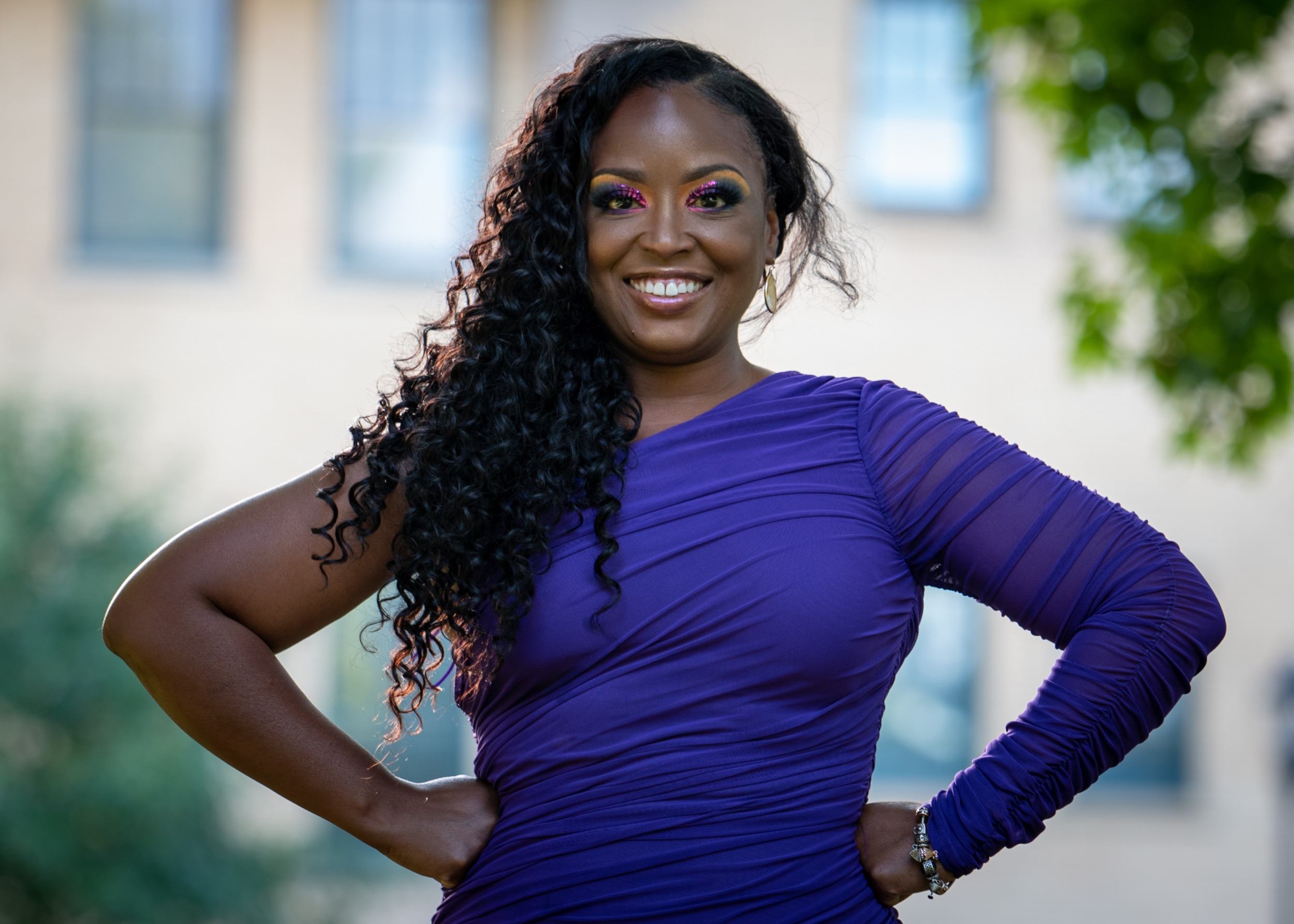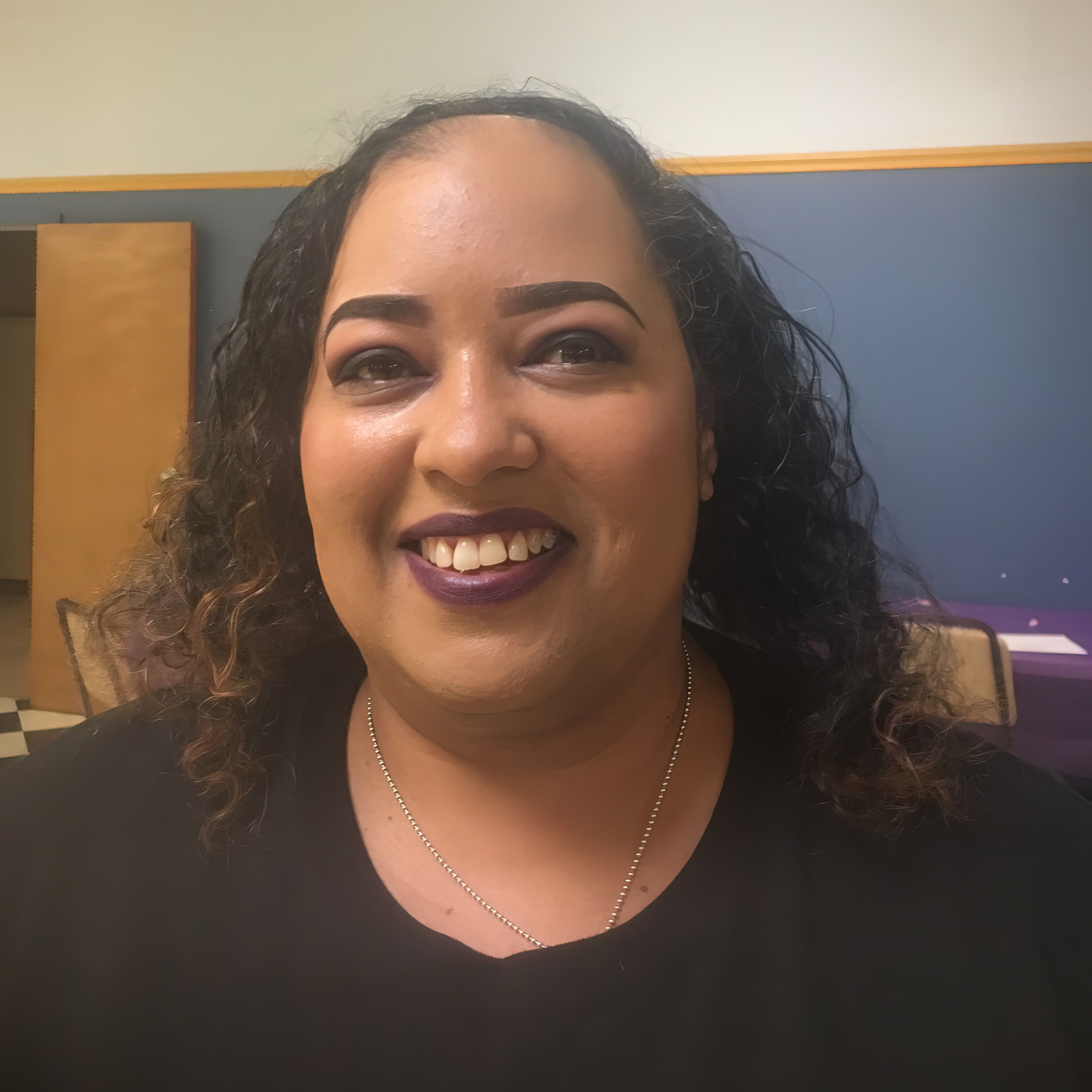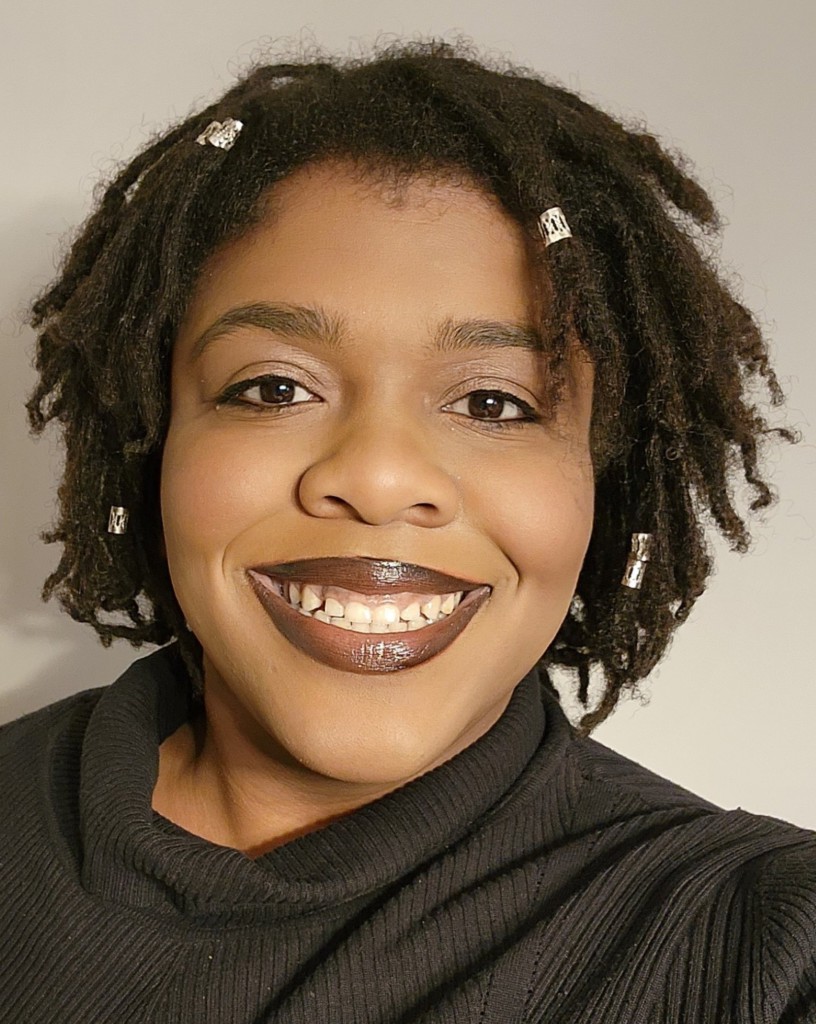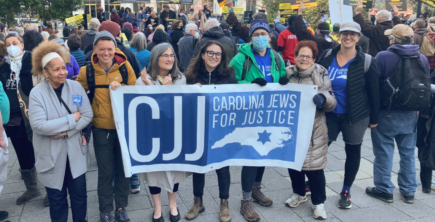
Philanthropy

From working with policymakers to pass bills that guarantee emergency contraception for rape and incest survivors to coining evocative slogans like “Pissed Off Peaches” to galvanize and energize women to stand up for their reproductive rights, the 2022 Jane Bagley Lehman Award (JBL) winners are diligently building movements at the intersection of reproductive justice and civic engagement.
The Tides Foundation recently presented the 2022 JBL Award to Michelle Colon, executive director of SHERo; Rhiannon Carnes, co-executive director of the Ohio Women’s Alliance; Michelle Erenberg, co-executive director of Lift Louisiana; Sommer Foster, co-director of Michigan Voices; and Michelle Wilson, chief operations officer of Women Engaged.
These unsung heroes of reproductive justice have devoted decades of their time to help people in their communities retain the right not to have a child; the right to have a child; and the right to parent children in safe and healthy environments.
Believing the activism of one person can meaningfully shape significant social change, Tides Foundation selected winners based on nomination letters from their peers that demonstrated how they organize communities to access reproductive health; educate birthing people; and bridge the gap between communities historically marginalized from reproductive healthcare and policymakers. Winners received a personal monetary award.
We invite you to learn more about the winners, who embody the spirit and dedication of Jane Bagley Lehman, a founder of Tides Foundation, who was known for her insatiable curiosity and steadfast commitment to issues of social justice. Lehman was a founding board chair of Tides, who served on the board for over a decade.

Michelle Colon, executive director of SHERo (Sisters Helping Every Woman Rise and Organize)
“Michelle is someone who saw a need for an organization to be there for Black and Brown women in Mississippi, where they tend to slip through the cracks, and took action to fill it.” This is how reproductive justice advocates described Michelle Colon when they nominated her for the JBL Award.
Serving in Mississippi, a state with some of the most restrictive voting laws in the country, Colon has taken on the whole spectrum of reproductive justice. As the executive director of SHERo, Colon is working to educate people about abortion in an effort to encourage more people to join the movement and advance abortion, queer, and transgender rights. Under her leadership, the organization has helped women get to the one abortion clinic in Jackson, Mississippi, find transportation, and locate child care when needed. Colon believes abortion rights and voting rights have always been parallel. “You can’t knock down an abortion right if you can’t vote. You can’t oppose abortion restrictions if you can’t vote,” Colon said.
Recognizing the power of community voice and lived experience, Colon organized a 13-hour Day of Action in 2021 for abortion freedom fighters to listen to oral arguments at the state Supreme Court, rally at the governor’s mansion, and share their abortion stories.

Rhiannon Carnes, co-founder & co-executive director of the Ohio Women’s Alliance
“Reproductive justice is ours to protect. And while the work requires us to take care of our own, because we believe that we can make the best decisions for ourselves, there will always be those who are actively intruding on our best interests,” said Carnes.
Carnes is doing her part to protect reproductive justice. As the co-founder and co-executive director of the Ohio Women’s Alliance, Carnes is building grassroots movements and mentoring local leaders. In this role, she has provided incubation support to new organizations, created assistance programs to improve access to reproductive health services, and started a peer support group for community members to receive housing, food, and wraparound services.
But it hasn’t just stopped with direct services. Carnes also started an action fund that boosts voter engagement and civic education in an effort to raise awareness about Ohio Supreme Court judges who don’t back abortion. She also runs a Reproductive Justice roundtable for young organizers in Ohio who are interested in reproductive justice, but need support. The group has been actively working on a ballot initiative for the state of Ohio to push for constitutional protection for the right to an abortion.
Carnes’ ambitions are to continue to uplift the people of her community and improve more opportunities for women to reach prosperity and liberation.

Michelle Erenberg, co-executive director of Lift Louisiana
For more than 10 years, Michelle Erenberg has dedicated her time engaging in policy advocacy and community education work to advance reproductive justice in Louisiana.
“Women shouldn’t have to sacrifice their lives to do the work of reproductive justice, but the reality is, many of us do. Every day, Michelle works towards the goals of creating a more just world where people can not only choose if they want to give birth, but also live in safe and sustainable communities—free of violence—when they choose to give birth,” wrote Erenberg’s colleague at Lift Louisiana in her nomination letter.
Erenberg has gained not only the respect of her colleagues, but also community members across Louisiana seeking information about reproductive justice and resources for women and girls in the state. Many have utilized the Lift Louisiana website and social media tools for their own gathering of data and information on key issues.
Over time Erenberg has built key relationships with Louisiana lawmakers. During the arduous fight to maintain Roe, Erenberg worked with Democratic House representatives to secure contraceptive access, and she partnered with Rep. Jason Hughes to develop HB 1061 (Act 513), a bill that ensures that hospitals provide emergency contraception for rape or incest survivors. Gov. John Edwards signed the bill into law on June 15, 2022, which goes into effect on January 1, 2023.
Additionally, Erenberg partnered with Rep. Matthew Willard to pass HB 557, a bill that mandates Medicaid provide a six-month supply of birth control. With near complete bipartisan support, this bill ensures that underserved people have some autonomy over their bodies and reproductive control in the wake of Roe’s demise.

Sommer Foster, co-director of Michigan Voices
Foster grew up learning about justice, courage, and the power of engaged citizens. Her godfather, the late Rev. Dr. Benjamin L. Hooks, was executive director of the NAACP, her mom worked for the Farmington Hills Police Department, and her uncle was a community organizer. Witnessing the impact her family had on social change inspired her to forge her own path in public service to advance equity.
As the co-director of Michigan Voices she has formed a reproductive justice working group that includes 35 organizations dedicated to reproductive justice. Together, they work on strategies to protect abortion access in Michigan through policy changes. Michigan Voices also runs a program that recruits poll workers and that offers a voting hotline to address voter suppression.
Foster also serves on the executive committee for Reproductive Freedom for All. As a member of this organization, she was one of many volunteers who collected 753,759 signatures from every county in the state to preserve abortion access and reproductive freedom in Michigan. The unprecedented momentum and volunteer efforts statewide propelled the Reproductive Freedom for All campaign to historic support with more than 2,000 volunteers, and ultimately led to the passing of Proposal 3, which amended the Michigan Constitution to add the right to choose to have an abortion and use contraceptives.
The amendment now serves as a blueprint for other states seeking to preserve or restore reproductive freedom in their state post-Roe, and allows their residents to make and carry out decisions in all matters related to pregnancy without political interference.

Michelle Wilson, chief operations officer of Women Engaged
A founding member of the first Gay-Straight Alliance at Philander Smith College and former reproductive health rights fellow at the Rockwood Leadership Institute, Wilson (who uses the pronoun “they”) has been working at the intersection of reproductive health and civic engagement for more than 14 years. Like many Black and queer-identified folks in the South, Wilson’s contributions to social justice have been celebrated among local coalitions, but have not always received the wide public recognition they deserve.
During the fight against Georgia’s six-week abortion ban, Wilson and other leaders from Women Engaged rallied at the state capital to protest against the ban using the rallying cry that Wilson coined, “Pissed Off Peaches.” Although the group was unable to stop the ban, their work galvanized and energized women and others working in the reproductive justice ecosystem.
Every summer, under Wilson’s leadership, Women Engaged also offers on the ground and non-partisan voter registration and voter education at hot spots across Georgia, often engaging with communities at transit stations, barbershops, grocery stores, festivals, farmers’ markets and more.
When Wilson is not developing creative approaches to advance Black women’s human rights, youth empowerment, and civic engagement, they are actively involved in the Repro Freedom Act Board. In this role, they develop strategies to repeal Georgia’s abortion restrictions and makes abortion care accessible to everyone who needs it.
We’re proud to celebrate the achievements of these extraordinary individuals as they continue to show the world that every person can play a meaningful role in creating social change and fostering a healthier, more inclusive United States.

Philanthropy

Healthy Individuals & Communities

Our Community

Read the stories and hear the voices of social change leaders fighting for justice.